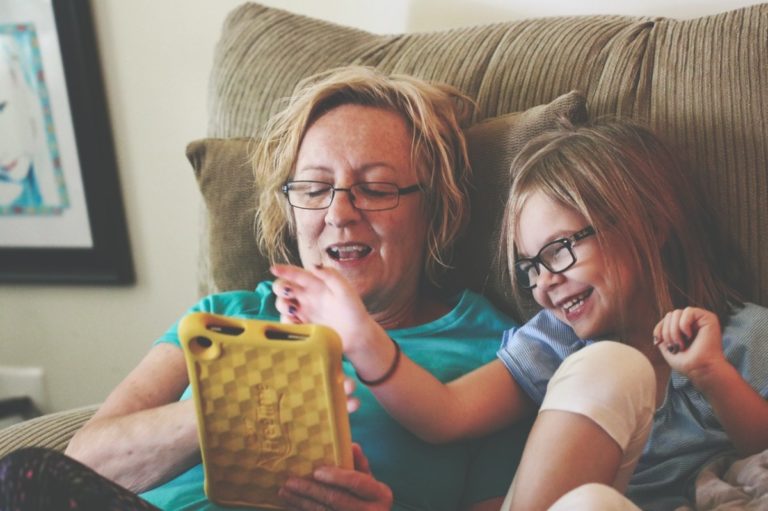When it comes to retirement, most people are often concern about their finances or how to fund their needs. Sure, money is vital for you to be able to enjoy your retirement. But more importantly, you also need to worry about your overall health and wellness. Having an engaged or satisfying retirement is more than just achieving financial freedom, it also requires the right habits and routines.
If you’re worried about how you can better prepare or adjust for your retirement stage, here are some initial steps that you can take. These tips can help you establish the healthy and happy retirement that you deserve.
1. Prioritize healthcare assistance
Medical support or assistance is probably the biggest retirement concern for many. The first thing you should do is to discuss with your personal physician. They can help assess your current health status and determine the best available solutions for the future. This is even more critical if you’re already suffering from a medical condition or physical or developmental disabilities.
In terms of people with disabilities, planning for or acquiring disability care support or assisted living can be ideal. Your younger body might still have the strength to fight off certain health issues or deal with activities despite disability, but it might not be the same when you’re older.
2. Adjust to the emotional process
Preparing for retirement is not just checking in with how your body’s doing; it also involves your emotional health. This is generally vital for us to cope with certain life events or recognize what we feel. The retirement phase requires an emotional process that you need to acknowledge.
At first, retirement means total freedom. However, that novelty will fade into the background, and you’ll find yourself living a slower lifestyle. If left unchecked, this can lead to boredom and anxiety. Denying feelings or suppressing emotions can result in unhealthy coping habits, which are even worse for your health.
Deal with your emotions and feelings healthily. Let yourself experience them. Common ways to healthily deal with emotions include yoga, writing, reading, walking, and connecting with people.
3. Prepare retirement routine
If you are still not practicing any healthy daily routine now, this is the best time to start. Practicing healthy habits early can help you better organize your days or schedule during retirement. The most common and best-recommended habits include prioritizing sleep, engaging in physical and creative activities, and eating healthy.
When replacing your current workdays with retirement days, evenings should be purposeful. Newly retired individuals often consider evenings to be the toughest time of their day as this is when they typically feel the exhaustion and fatigue from activities or errands. In line with that, it would be best to prepare a list of stuff you can do during the evenings. Choose the best ones you love and enjoy doing.
4. Grow social connections

Isolation is a huge concern during retirement. Most retirees find it difficult to keep up with friends that they see almost every day during their young years. With that in mind, restructure your current routine and schedule meetups with your dear friends. You can ask one pal to grab a coffee every Monday morning, another one you can have lunch every Friday, and a third friend to go on dinner dates every Saturday night.
Carve out extra time in your busy schedule to build genuine connections with friends or even loved ones. You can even take it up a notch by joining meetup groups for certain activities or hobbies or participating in local community volunteer programs.
5. Find the best surroundings
So, you’ve laid out your plans for your healthcare assistance needs down to growing your relationships. Now it’s time to determine the place you’ll call home during retirement. Perhaps you choose to stay in a retirement community so that you can be surrounded by new friends. Or, move to the countryside and lead the noisy and busy city life.
Regardless of where you want to settle in, there are certain things to consider. These include the availability of senior services (doctors and medical facilities), quality of assisted living or healthcare, cost of living, amenities to support your lifestyle, and things you value most in life.
By creating and maintaining a healthy lifestyle is the key to having an engaged, active retirement. Give yourself space and time to plan for your retirement phase carefully, and don’t rush everything. Avoid slipping into poor health, inactivity, and isolation, and prepare for your golden years the right way.

